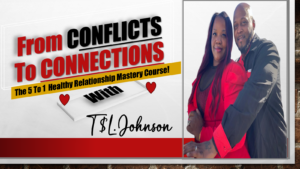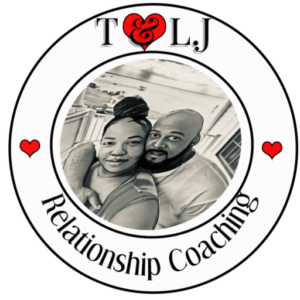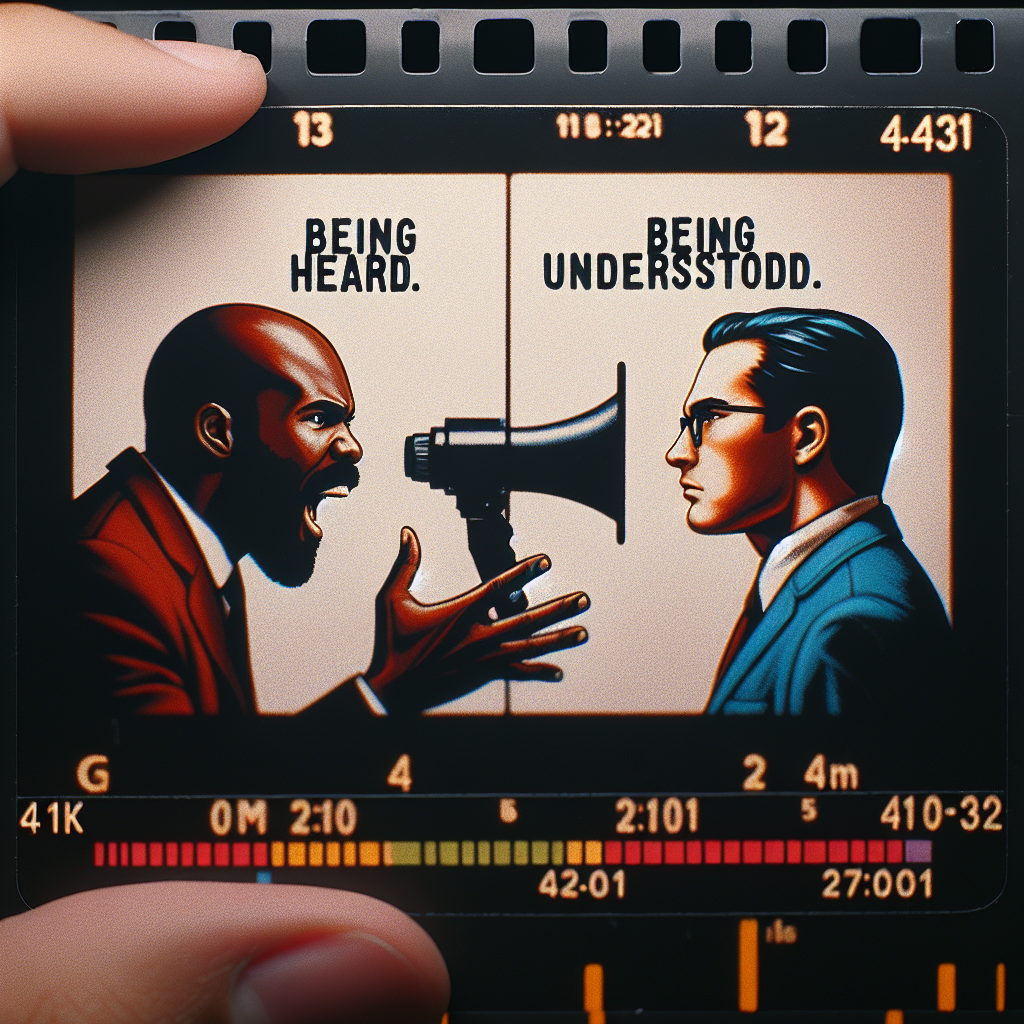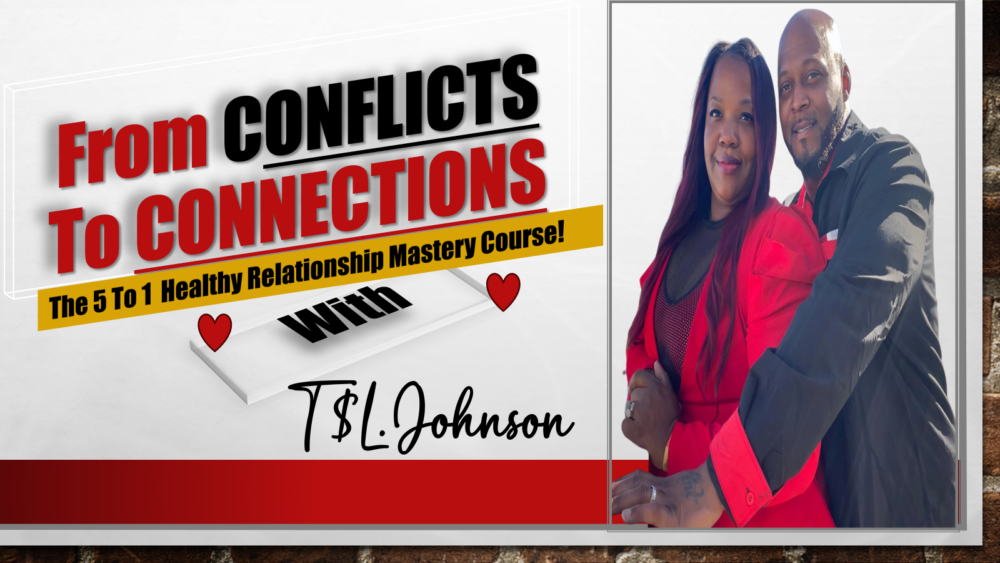The Power of Listening
Understanding the Essence of Listening
You know, in the hustle and bustle of life, the little whispers often go unheard. When I first realized this, it was like a light bulb went off in my head. Listening doesn’t just mean hearing words; it’s about tuning into the emotions and intentions behind those words. This takes practice. It’s all about being present in the moment, hearing the silence between the noises, and really connecting on a deeper level.
Over time, I’ve discovered that good listening is a skill that anyone can master. It starts with a genuine interest in what others are saying. When you listen carefully, it sends a strong message to people: that their thoughts and feelings are valued. Trust me, you’ll notice the difference in how people engage with you when you actively listen.
So, next time you’re chatting with someone, try to focus entirely on them. Put your devices away, maintain eye contact, and nod along. You’ll find that this tiny act can carry the weight of a storm, solidifying bonds and forging connections that are otherwise overlooked.
Communicating with Clarity
The Importance of Clear Communication
In my journey, I learned fast that clear communication is like the lighthouse in a storm; it helps steer relationships in the right direction. It’s easy to get lost in complex jargon or vague statements. I’ve found that honesty and clarity create an environment where misunderstandings are minimized, and relationships can thrive.
When I present ideas or feedback, I always strive for simplicity. Think of your audience; it’s crucial to tailor your message in a way that resonates with them. You could have the most brilliant idea ever, but if you don’t express it clearly, it can quickly fizzle out like a candle in the wind.
One simple trick I use is to break down my thoughts into bite-sized pieces—this is especially useful in conversations where emotions run high. When I state my main points succinctly and directly, I create space for a more fulfilling dialogue. It’s amazing how much smoother conversations can be when everyone understands what’s being said!
Embracing Vulnerability
Opening Up: A Two-Way Street
Let me tell you, embracing vulnerability is one of the hardest yet most liberating things I’ve ever done. It feels vulnerable to share my true feelings, thoughts, or fears, but I’ve seen firsthand how this authenticity strengthens connections. So often, society teaches us to keep our walls up, but I’ve found that letting people in opens up incredible opportunities for growth and connection.
When I share my own struggles, it invites others to do the same, creating a space grounded in mutual understanding. The storms we each face can feel a lot lighter when we know we’re not alone, right? Vulnerability creates trust, and trust is key to effective communication and lasting relationships.
This practice of vulnerability can take time and courage, but it’s a fantastic way to deepen your connections. It’s not about sharing every tiny detail of your life; it’s about opening up in a way that fosters sharing and honesty among those you’re close to. So, go on, take that leap—the rewards can be life-changing!
Finding Common Ground
The Power of Empathy
Finding common ground amidst the noise of differing opinions can be challenging, but it’s crucial in maintaining relationships. I’ve learned that empathy isn’t just about understanding someone’s point of view—it’s about feeling it. When I approach a conversation with empathy, I strive to be in the other person’s shoes, to feel their pain and joy, and to connect on that level.

A great way to cultivate empathy is to ask more open-ended questions. This not only allows the other person to express themselves, but it also creates an environment of openness and collaboration. By doing this, I can relate better to their experiences, leading to a deeper understanding between us.
Moreover, acknowledging our differences while exploring our similarities can bridge the gaps that often arise during conflicts. When we focus on what unites us rather than what divides us, we can tackle even the toughest conversations with grace and respect. It’s an empowering feeling when you actively work to find common ground, building a sturdy foundation for meaningful connections.
Navigating Conflict Gracefully
Approaching Conflict with Respect
Let’s face it—conflict is a part of life. I’ve been through my fair share of disagreements, and I can’t stress this enough: how we navigate these conflicts defines our relationships. It’s crucial to approach arguments with respect rather than hostility. When I feel angry or frustrated, I take a deep breath and remind myself that the other person is not my enemy; they simply have a different perspective.
One thing I’ve learned is to focus on the issue at hand and not attack the person. This helps in maintaining a calm demeanor and creates an environment conducive to solving the problem instead of escalating the situation. So, instead of saying, “You never listen to me,” I try saying, “I feel unheard when…” This small shift makes a world of difference!
Lastly, always aim for resolution rather than just “winning” the argument. It pays to keep this in mind: the goal is not to be right but to understand each other better and heal that rift between you. So, when you find yourself caught in a conflict, remember that empathy, respect, and a focus on resolution can carry the weight of any storm.
FAQ
1. What does “The Weight of a Whisper in the Middle of a Storm” mean?
The phrase symbolizes the importance and impact of small, genuine communications amidst chaos. It reflects on how subtle yet profound messages can be during tumultuous times.
2. How can I improve my listening skills?
Start by practicing active listening. This means giving your full attention, maintaining eye contact, and reflecting back what you hear. Over time, it’ll become a natural part of your communication style.
3. Why is clear communication important?
Clear communication helps to prevent misunderstandings and fosters stronger connections. When messages are articulated well, everyone involved feels more engaged and understood.
4. How can vulnerability strengthen relationships?
Being vulnerable allows for authenticity and openness, inviting others to share their truths as well. This bond of sharing personal experiences creates a stronger, more connected relationship.
5. What are effective ways to navigate conflict?
Approaching conflict respectfully is key. Focus on the issue, not the person, and aim for resolution rather than “winning.” This helps to heal rifts instead of deepening them.

Schedule Your First 20-Minute Coaching
Call With Us Today to see if we fit . You pick the price!
Click Here




